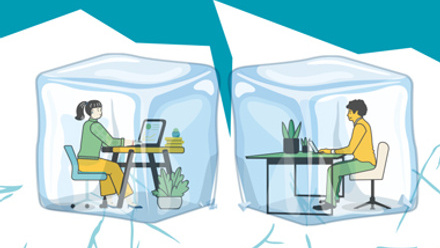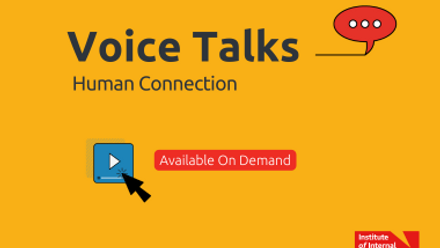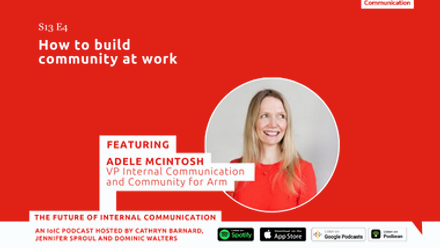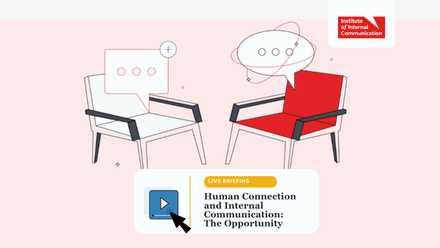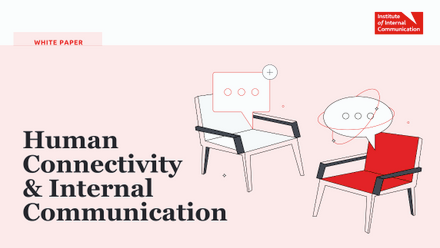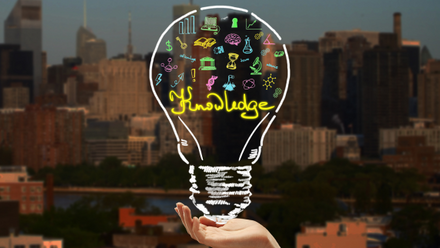When I think back over the last couple of months, the stories that have overwhelmed me and even sometimes brought tears to my eyes are ones of kindness and community.
One that springs to mind is a friend's partner who saw a 90-year-old woman visibly upset and struggling to find essentials in a sparse Sainsbury's. He asked the shop assistant if these items would be available first thing and if they would pack a bag for her – they kindly agreed.
My friend's partner then walked the woman home (at a socially safe distance, of course!) and was back on her doorstep bright and early the next morning – with bags full of essentials.
And I'm sure I'm not alone. Cast your mind back and I'm certain several tales of these 'everyday heroes' spring to mind – from Captain Tom doing laps of his garden to your friend calling you just to check in, from the public to the personal.
This week (18-24 May) marks Mental Health Awareness Week and this year the focus is kindness.
"Kindness and our mental health are deeply connected," Mark Rowland, Chief Executive of the Mental Health Foundation, explains. "The research shows that kindness is an antidote to isolation and creates a sense of belonging.
"Kindness to ourselves can prevent shame from corroding our sense of identity and help boost our self-esteem. Kindness can even improve feelings of confidence and optimism."
So it seems kindness could be the boost we need at the moment. Particularly when the Office for National Statistics (ONS) reports that four in five adults are worried about the effects of Covid-19 on their life, with more than half saying it affects their wellbeing and nearly half reporting high levels of anxiety.
So, how can we play our part in creating a kinder society?
1. Be kind to yourself
Self-compassion involves treating yourself with kindness and care, just as you would a loved one. Rather than listening to that critical inner voice, you give yourself a break. Instead of judging yourself for feeling sad, stressed or anxious, you acknowledge that it's normal to feel like this sometimes. It's OK not to be OK.
"To be human is to be imperfect and to make mistakes," explains Susan David, a psychologist from Harvard Medical School, and host of a TED Talk about how to be kinder to yourself.
"Self-compassion is a necessary part of our journey; it's about recognising that you are doing the best you can — with who you are, with what you've got, and with the resources that you've been given."
Check out Susan's full TED Talk here for tips on how to cultivate self-compassion.
2. Be kind to others
Altruism, or that 'helper's high' you get when you help someone out, is actually beneficial for your own mental health. Research shows it can reduce stress, boost your emotional wellbeing and even benefit your physical health.
You could also help the spread of kindness and create a more positive society, as others are encouraged to repeat the good deed they've experienced or witnessed.
Even sharing acts of kindness – on social media or through word of mouth – can add to this effect. 'Good news' platforms like the Happy Broadcast are doing just that, while also injecting some much needed positivity into our news cycles.
But remember not to overdo it and don't try to give too much of yourself – helping others doesn't have to cost you money or take up a lot of time. Acts of kindness can be as simple as picking up the phone and checking on a friend, to donating some time or a small amount of money to a local charity.
Every Mind Matters
Visit the NHS Every Mind Matters platform for mental health advice and support. You can also complete a quick quiz to get personalised tips to help you deal with stress and anxiety, and boost your mood.

